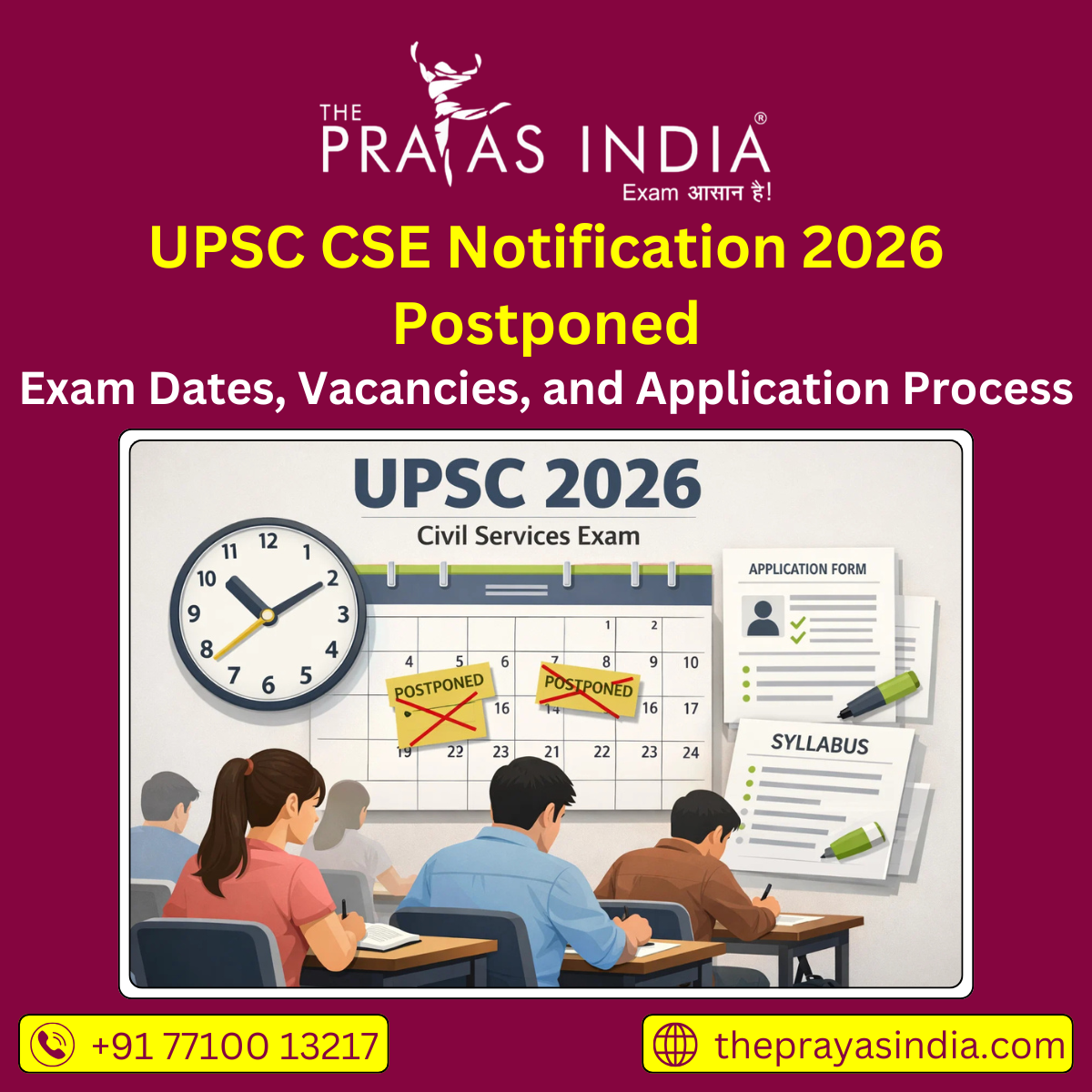Aadhaar Added as Valid Document for Voter Verification: Supreme Court Ruling
The Supreme Court of India has recently directed the Election Commission of India (ECI) to accept Aadhaar as the 12th valid document for identity verification during the Special Intensive Revision (SIR) of electoral rolls in Bihar. This significant move comes ahead of the Assembly elections, aiming to ensure inclusivity and prevent genuine voters from being excluded due to strict documentation requirements.
While the court clarified that Aadhaar is not proof of citizenship, it can still serve as a valid identity document. The Election Commission retains the authority to verify the authenticity of Aadhaar cards, just as it does with other accepted documents.
Context Behind the Decision
The order was passed in response to petitions highlighting irregularities in voter registration, particularly refusals by Booth Level Officers (BLOs) to accept Aadhaar. Previously, the Election Commission allowed 11 documents to establish identity and residence. The Supreme Court’s intervention expanded the list, ensuring that voters without traditional documents are not disenfranchised.
Legal Status of Aadhaar in Electoral Rolls
Aadhaar, recognized under the Aadhaar Act, 2016, is widely accepted for identity verification but not for proving citizenship. Under the Representation of the People Act, 1950, Aadhaar can only confirm an individual’s identity, while the determination of citizenship remains a constitutional matter, overseen by the President and the Election Commission.
The court reiterated that BLOs cannot assess citizenship and must confine their role to verifying identity and residence.
Role of the Election Commission
The Election Commission plays a central role in finalizing electoral rolls and issuing guidelines for document verification. Following the court’s directive, the EC must now update its instructions to officially include Aadhaar in the list of acceptable identity documents.
The Commission also has the power to seek additional proof if the authenticity of Aadhaar cards is in doubt. This safeguard is crucial given the concerns about potential misuse of forged Aadhaar documents.
Implications for Voter Inclusion
The addition of Aadhaar is expected to improve voter inclusion, particularly for individuals who lack conventional documents such as passports or birth certificates. According to reports, nearly 99.6% of Bihar’s voters have already submitted valid documents, but Aadhaar offers an accessible alternative for the remaining citizens.
However, this inclusion raises challenges regarding fraudulent enrolments. Strengthening verification mechanisms will be essential to ensure that the integrity of the electoral rolls remains intact.
Documents Accepted for Electoral Roll Revision
The Election Commission’s list of valid documents includes:
- Birth certificates
- Passports
- Matriculation certificates
- Permanent residence certificates
- Forest rights certificates
- Caste certificates
- National Register of Citizens (NRC) records
- Family registers
- Land allotment certificates
- Government-issued identity cards
- Documents issued before 1987
With the Supreme Court’s directive, Aadhaar is now officially the 12th document added to this list.
Ongoing Challenges
Despite the order, reports suggest that some BLOs still refuse to accept Aadhaar, leading to legal disputes and show-cause notices. The Supreme Court has scheduled further hearings to monitor compliance and examine petitions seeking nationwide Special Intensive Revisions.
Balancing the need to prevent voter fraud with the constitutional mandate of ensuring universal suffrage will remain an ongoing challenge for India’s electoral system.
The Supreme Court’s recognition of Aadhaar as a valid document for voter verification underscores the importance of inclusivity in India’s democratic process. While Aadhaar cannot establish citizenship, its inclusion provides millions of voters with a convenient identity option. Moving forward, the Election Commission must strengthen verification protocols to ensure fair and fraud-free elections.




![Prayas-तेजस [UPSC CSE Sociology Optional] – Online & Offline](https://theprayasindia.com/wp-content/uploads/2025/09/Prayas-तेजस-UPSC-CSE-Optional-Subject-The-Prayas-India-300x300.png)
![Prayas-सूत्र [UPSC CSE Materials (Hardcopy)]](https://theprayasindia.com/wp-content/uploads/2025/09/Prayas-सूत्र-UPSC-CSE-Study-Materials-Hardcopy-The-Prayas-India-300x300.png)
![Prayas-मंत्रा [UPSC CSE CSAT]](https://theprayasindia.com/wp-content/uploads/2025/09/Prayas-मंत्रा-UPSC-CSE-CSAT-The-Prayas-India-300x300.png)
![Prayas सारथी [UPSC CSE One on One Mentorship]](https://theprayasindia.com/wp-content/uploads/2025/09/Prayas-सारथी-UPSC-CSE-One-on-One-Mentorship-The-Prayas-India-300x300.png)










